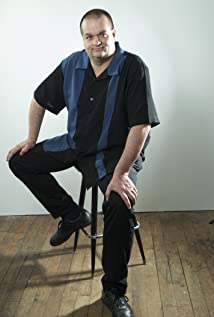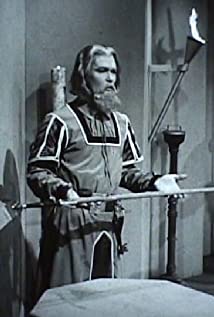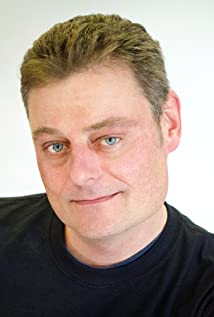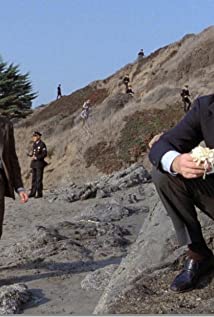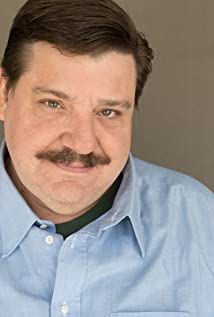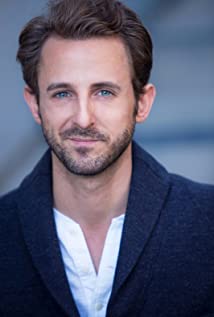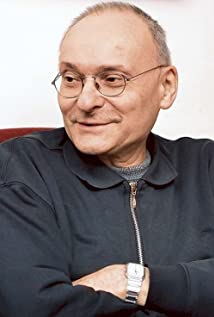Laxalt was born on August 2, 1922, in Reno, Nevada, the son of Basque parents, Therese (Alpetche) and Dominique Laxalt, a shepherd, both of whom had emigrated in the early 1900s from their homeland in the Pyrenees, which straddle France and Spain. Dominique became wealthy in the sheep industry, but he lost everything in the early 1920s. Thereafter, he went back to shepherding for the rest of his career. Therese, who had been trained at Paris's Cordon Bleu cooking school, eventually opened a restaurant called The French Hotel in the Carson City, Nev.












